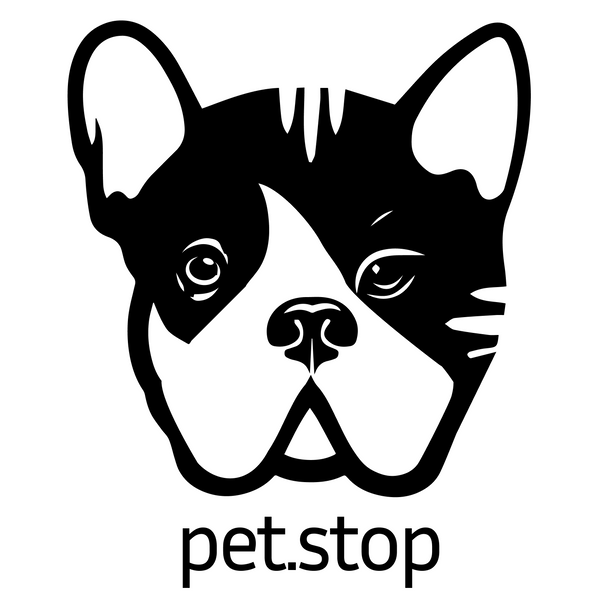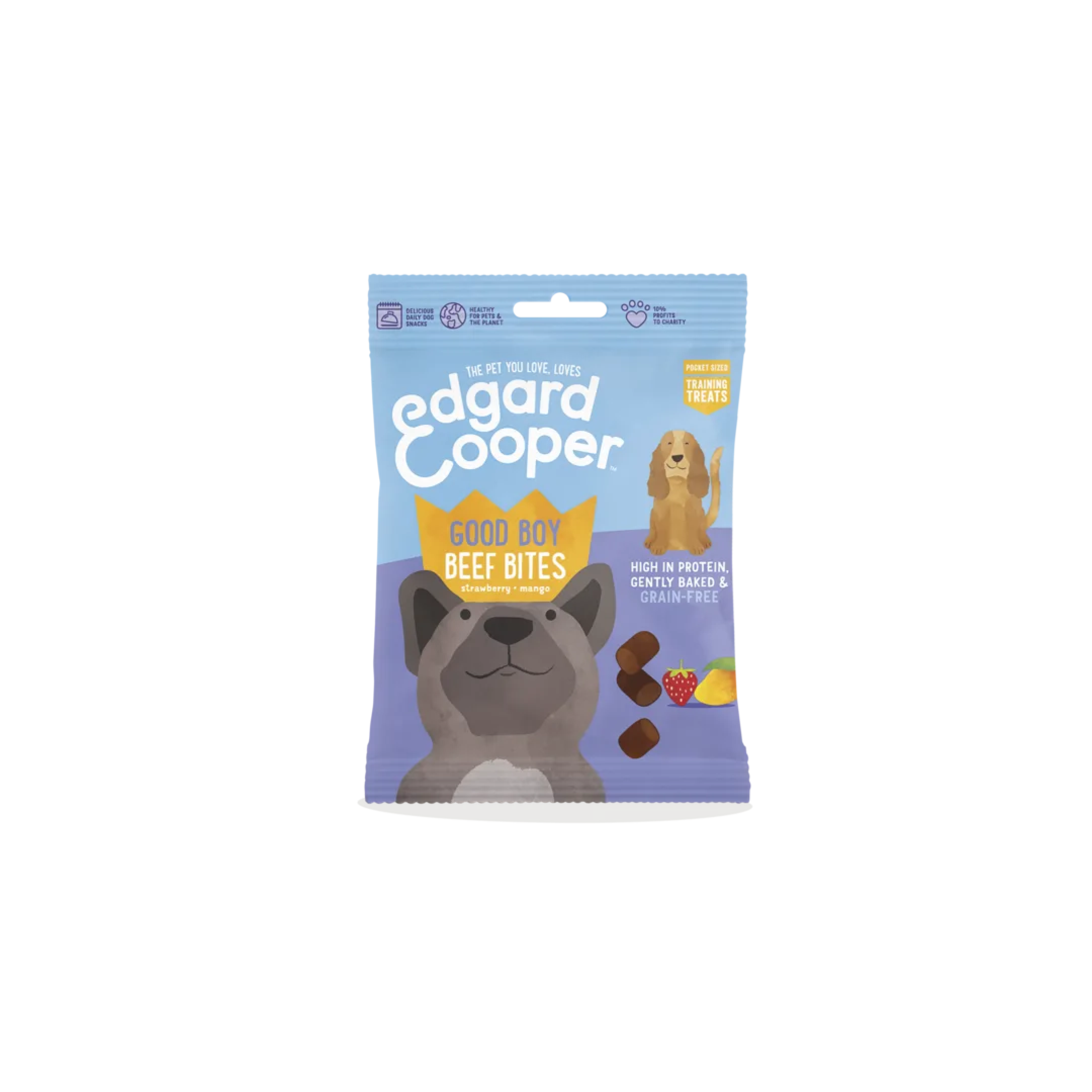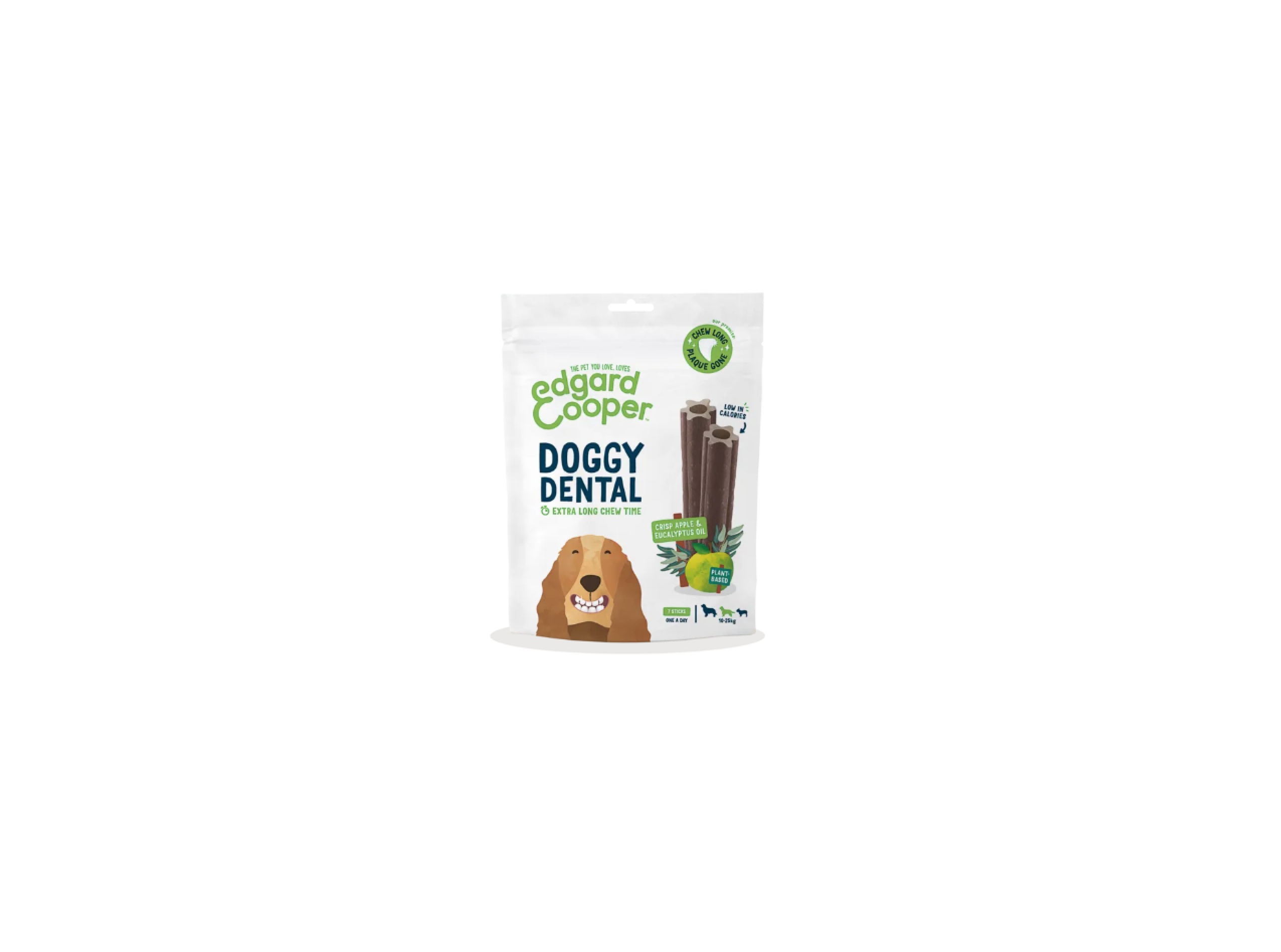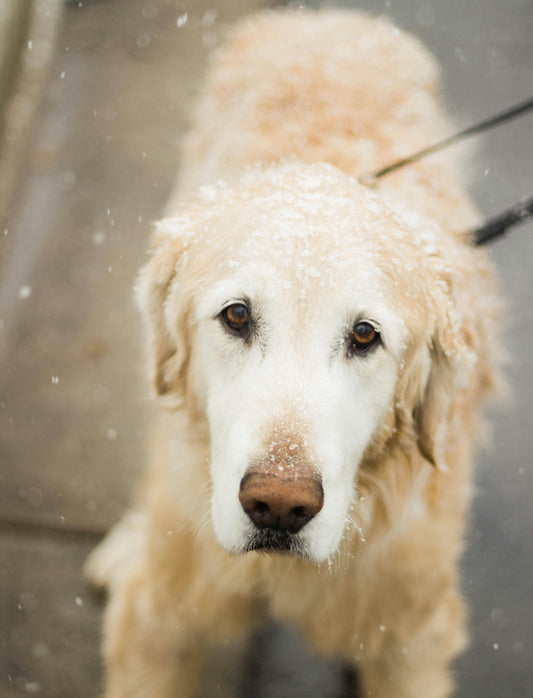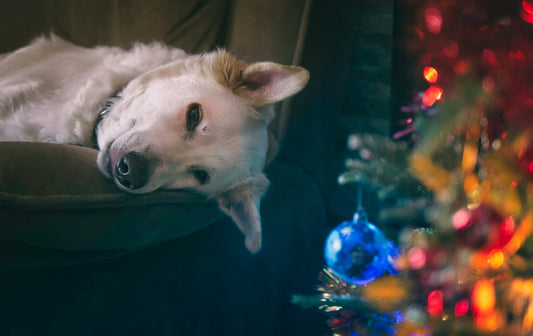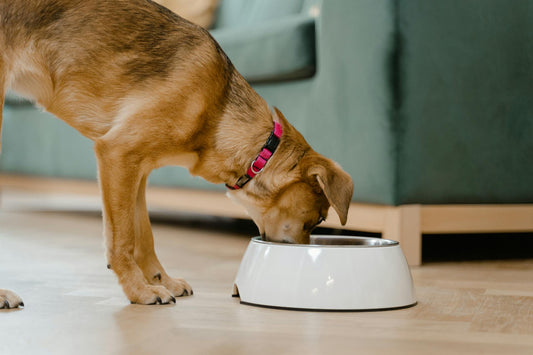Adopting a dog in the Netherlands can be an enriching experience. Many shelters and rescue organizations are dedicated to finding loving homes for animals in need. The process typically involves researching local shelters, understanding adoption requirements, and preparing for a new pet in their home.
Potential adopters should be aware of certain regulations and adoption fees associated with bringing a dog into their lives. Many organizations also conduct home checks to ensure a suitable environment for the dog. With a variety of breeds and sizes available, individuals can find a companion that fits their lifestyle.
By taking the time to learn about the local adoption process, future pet owners can create a positive match with a furry friend. Finding the right dog not only changes their life but also gives a deserving animal a second chance.
Understanding the Adoption Process
The adoption process in the Netherlands requires careful consideration and adherence to specific guidelines. It involves assessing eligibility, selecting an appropriate dog, and engaging with reputable organizations.
Eligibility for Adoption
To adopt a dog, individuals must meet certain criteria. Most adoption agencies require that the adopter be at least 18 years old and provide proof of identity and residency. Financial stability is also essential; potential adopters should demonstrate the ability to afford food, veterinary care, and other expenses associated with pet ownership.
Furthermore, many agencies conduct home visits to ensure a suitable environment for the dog. They may also require references to confirm the adopter's ability to care for a pet. Adopters with prior pet ownership experience may have an advantage, especially in cases of larger or more challenging breeds.
Choosing the Right Dog
Selecting the right dog involves matching personality, temperament, and energy levels with the adoptive family's lifestyle. Potential adopters should consider their daily routine, living situation, and any allergies among household members.
It can be beneficial to spend time with various dogs at the shelter. Many agencies encourage meet-and-greets to assess compatibility. Prospective owners should think about the dog's size and exercise needs. Researching breed characteristics can also aid in making an informed decision.
Additionally, considering whether to adopt a puppy or an adult dog can impact the adjustment period and training requirements.
Adoption Agencies and Shelters in the Netherlands
Numerous agencies and shelters are available for those looking to adopt a dog in the Netherlands. Some notable organizations include Dierenbescherming, Stichting Dierenhulp, and various local shelters across the country. Here’s a list of places where dogs can be adopted in some of the main cities:
The Hague (Den Haag)
- Dierenopvangcentrum Den Haag (Animal Rescue Center The Hague): dierenopvangdenhaag.nl
- Stichting Dierenlot: dierenlot.nl
Rotterdam
- Dierentehuis Rotterdam: dierentehuisrotterdam.nl
- Huisdierenasiel Rotterdam: huisdierenasielrotterdam.nl
Utrecht
- Dierenopvang Utrecht: dierenopvangutrecht.nl
- Stichting Dierentehuis Utrecht: dierentehuisutrecht.nl
Amersfoort
- A.S.P.C.A. Amersfoort: aspcadierenbescherming.nl
- Dierenasiel Amersfoort: dierenasielamersfoort.nl
Amsterdam
- Dierenasiel Amsterdam: dierenasielamsterdam.nl
- Stichting Zwerfdier: zwerfdier.nl
Leiden
- Dierenopvangcentrum Leiden: dierenopvangleidennl
- Stichting Dierenbescherming Leiden: dierenbescherming.nl
When choosing an agency, look for certifications or affiliations with larger animal protection organizations. It's crucial to select a reputable shelter that prioritizes animal welfare and conducts thorough assessments of their dogs.
Adoption fees typically cover vaccinations, microchipping, and spaying or neutering. Engaging with multiple shelters can provide a broader perspective and more options.
Preparing Your Home for a New Dog
A new dog requires a welcoming and safe environment to adjust comfortably. Proper preparation involves gathering essential supplies and creating a designated space to help the dog feel at home.
Essential Supplies
When adopting a dog, it is crucial to gather necessary supplies beforehand. Key items include:
- Dog Bed: A comfortable and appropriately sized bed helps the dog rest well.
- Food and Water Bowls: Stainless steel or ceramic bowls are sturdy and easy to clean.
- Quality Dog Food: Choose food that suits the dog's age, size, and health requirements.
- Leash and Collar: Ensure the collar fits well and includes an ID tag with contact details.
- Toys: Provide various toys to keep the dog entertained and mentally stimulated.
- Grooming Supplies: Brushes, nail clippers, and dog shampoo are important for hygiene.
Having these supplies ready will support the dog's transition into its new environment.
Creating a Safe Space
Establishing a safe area for the dog is vital for its comfort and security. This space should be free from hazards and easily accessible. Consider the following:
- Designate a Quiet Area: Choose a cozy corner where the dog can relax without disturbances.
- Remove Hazards: Secure loose wires, toxic plants, and small objects that could be swallowed.
- Baby Gates: Use gates to limit the dog’s access to certain areas while it adjusts.
- Introduce Gradually: Allow the dog to explore the home at its own pace to avoid overwhelming it.
This preparation fosters a nurturing atmosphere essential for helping the dog settle in.
Legal and Health Considerations
Adopting a dog in the Netherlands involves understanding important legal frameworks and health requirements. Compliance with these standards ensures the welfare of the pet and the owner.
Registration and Identification
In the Netherlands, it is mandatory for dogs to be registered in the local municipal database. This process provides a means of identifying lost pets and aids in preventing illegal breeding and abandonment.
Owners must ensure that their dog is microchipped. The chip contains a unique identification number linked to the owner's details. This microchipping must be done by a veterinarian and is crucial for tracing ownership if the dog goes missing.
Additionally, owners should register their dog with the municipality within 14 days of adoption. The registration could involve a small fee and may require proof of vaccination and microchip details.
Vaccinations and Medical Check-Up
Vaccinations are essential to maintain a dog's health and prevent the spread of diseases. The Dutch law mandates specific vaccinations, including those for rabies, distemper, and parvovirus.
A comprehensive medical check-up should occur soon after adoption. This examination helps in identifying any pre-existing health conditions and ensuring the dog is fit for its new environment.
Veterinarians will typically provide a vaccination schedule. Adhering to this schedule is vital for the dog’s long-term health and fulfilling legal obligations.
Pet Insurance
Pet insurance is recommended for all dog owners in the Netherlands. It helps cover veterinary expenses, which can be substantial in cases of accidents or illness.
Several types of policies are available, including accident-only or comprehensive coverage. Owners should evaluate their options based on their pet's needs and potential costs.
Choosing a reliable insurance provider involves comparing conditions, exclusions, and coverage limits. Having insurance can provide peace of mind and financial protection, ensuring that the pet receives necessary medical care when needed.
Post-Adoption Support
After adopting a dog, ensuring proper training and integrating into the community are crucial for a successful transition. Support can be found through local resources, training programs, and connections with fellow dog owners.
Training and Socialization
Training is essential for a well-behaved dog. New owners should consider enrolling in obedience classes tailored for their dog's age and needs. Many organizations offer group sessions that enhance training while allowing dogs to socialize with others.
Socialization involves exposing the dog to varied environments, people, and animals. This helps reduce anxiety and fearfulness. It's also beneficial to maintain consistency in commands and routines. Providing positive reinforcement through treats and praise can strengthen the learning process.
Connecting with Local Dog Owners
Connecting with other dog owners can enrich both the owner’s and the dog’s experience. Local dog parks, meet-up groups, and online communities offer opportunities for social interaction and advice.
Additionally, events like dog shows or charity walks foster a sense of community. These interactions can provide valuable insights into training techniques or local resources. Networking with other pet owners helps build friendships and enhances the support system for the well-being of the adopted dog.
